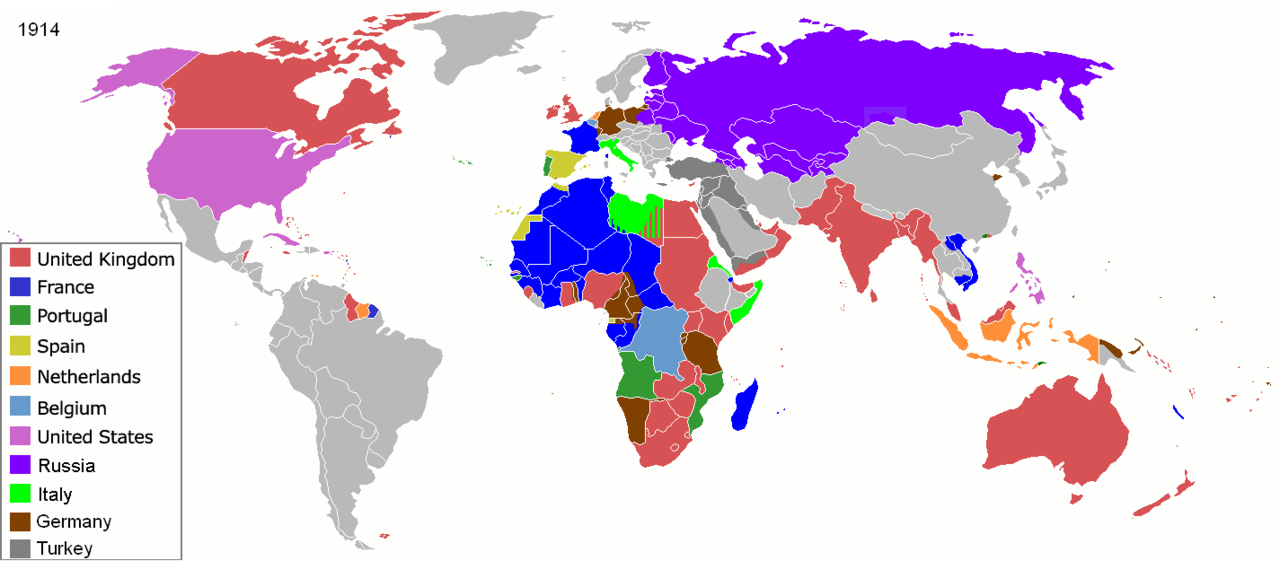CH 32 AP World History Quiz
1/25
Earn XP
Description and Tags
CH 32:
Name | Mastery | Learn | Test | Matching | Spaced |
|---|
No study sessions yet.
26 Terms
David Livingstone
Scottish minister who traveled through central and southern Africa in search of suitable locations for mission posts
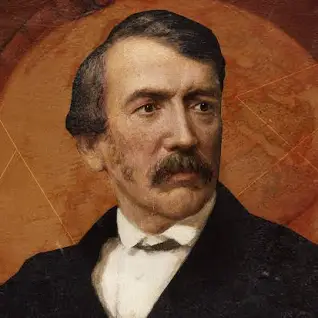
Cecil Rhodes
entrepreneur who became successful from mining gold and diamonds in South Africa on behalf of British imperial expansion
British entrepreneur whose economic, cultural, and political influence on Southern Africa became the model for European imperialism.
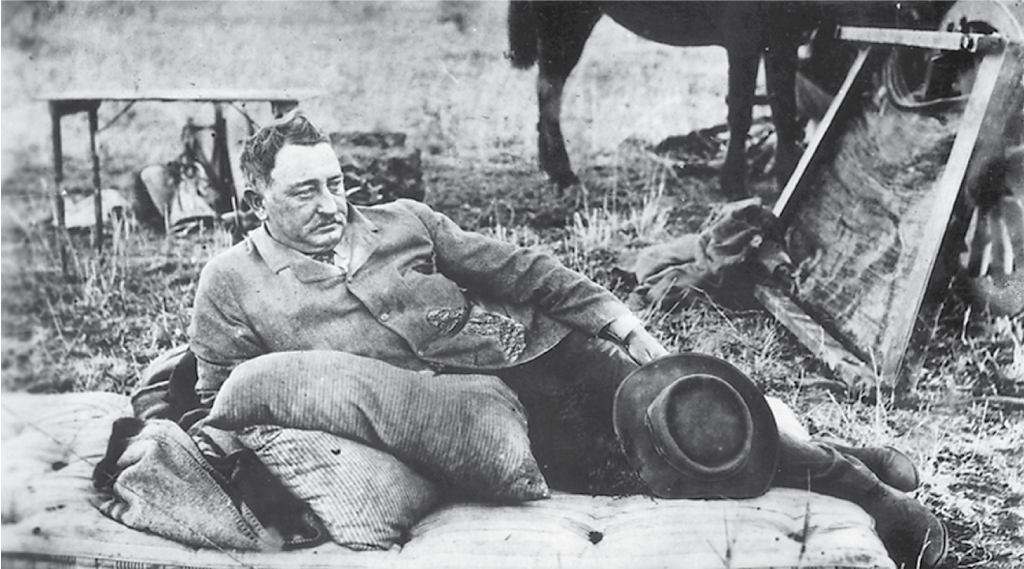
Maoris
indigenous people of New Zealand
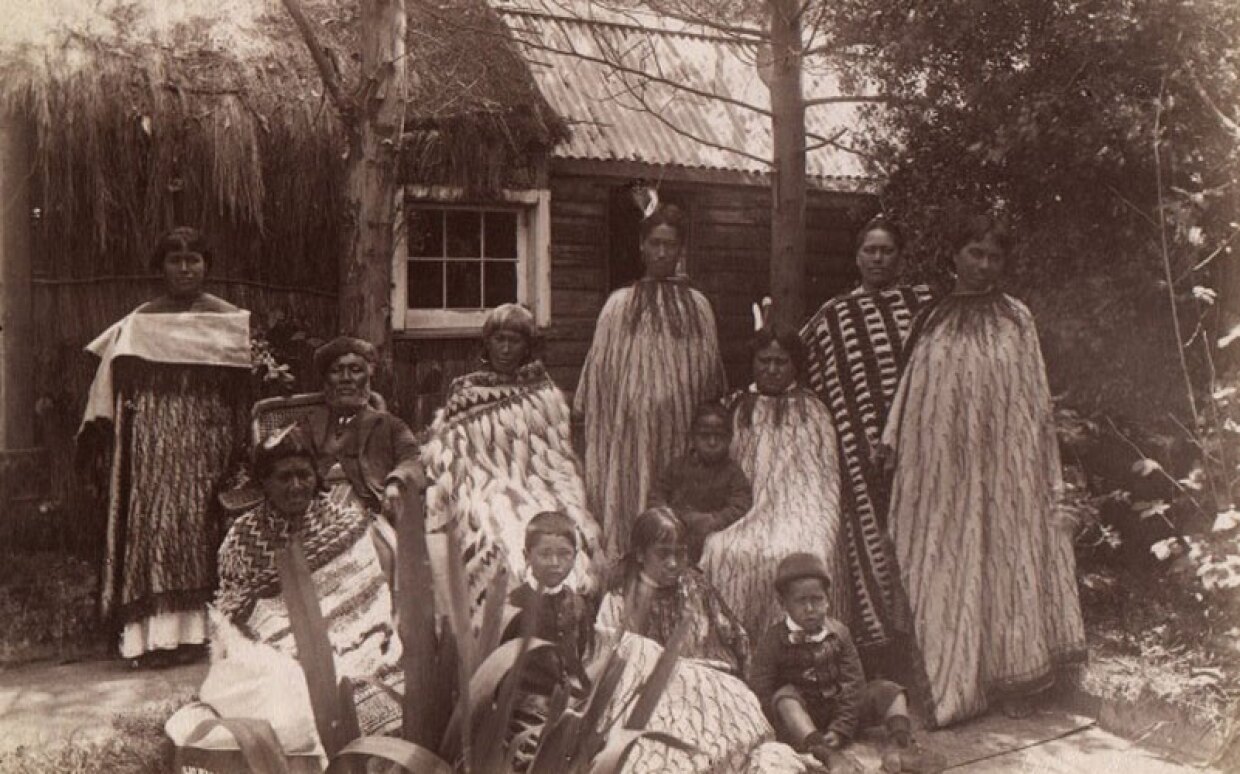
White Man’s Burden
Poem by Rutyard Kipling that claimed it was the duty of the white race to civilize and uplift non-white races
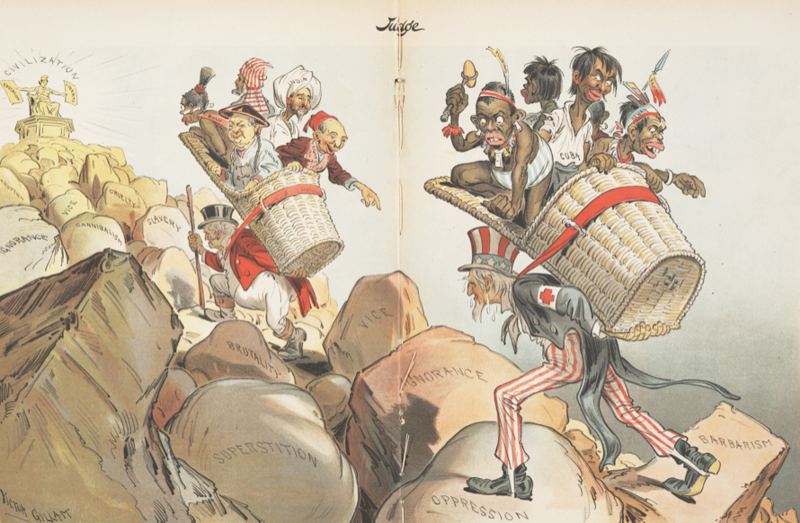
Monroe Doctrine
American doctrine issued in 1823 during the presidency of James Monroe that warned Europeans to keep their hands off Latin America
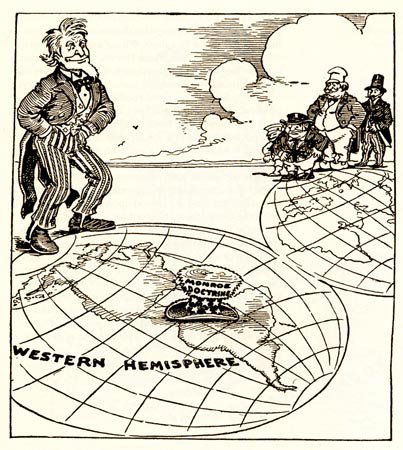
Roosevelt Corollary
corollary added to the Monroe Doctrine that stated not only were the nations of the Western Hemisphere not open to colonization by European powers, but that the U.S had the responsibility to intervene in domestic affairs of those nations to protect U.S investments
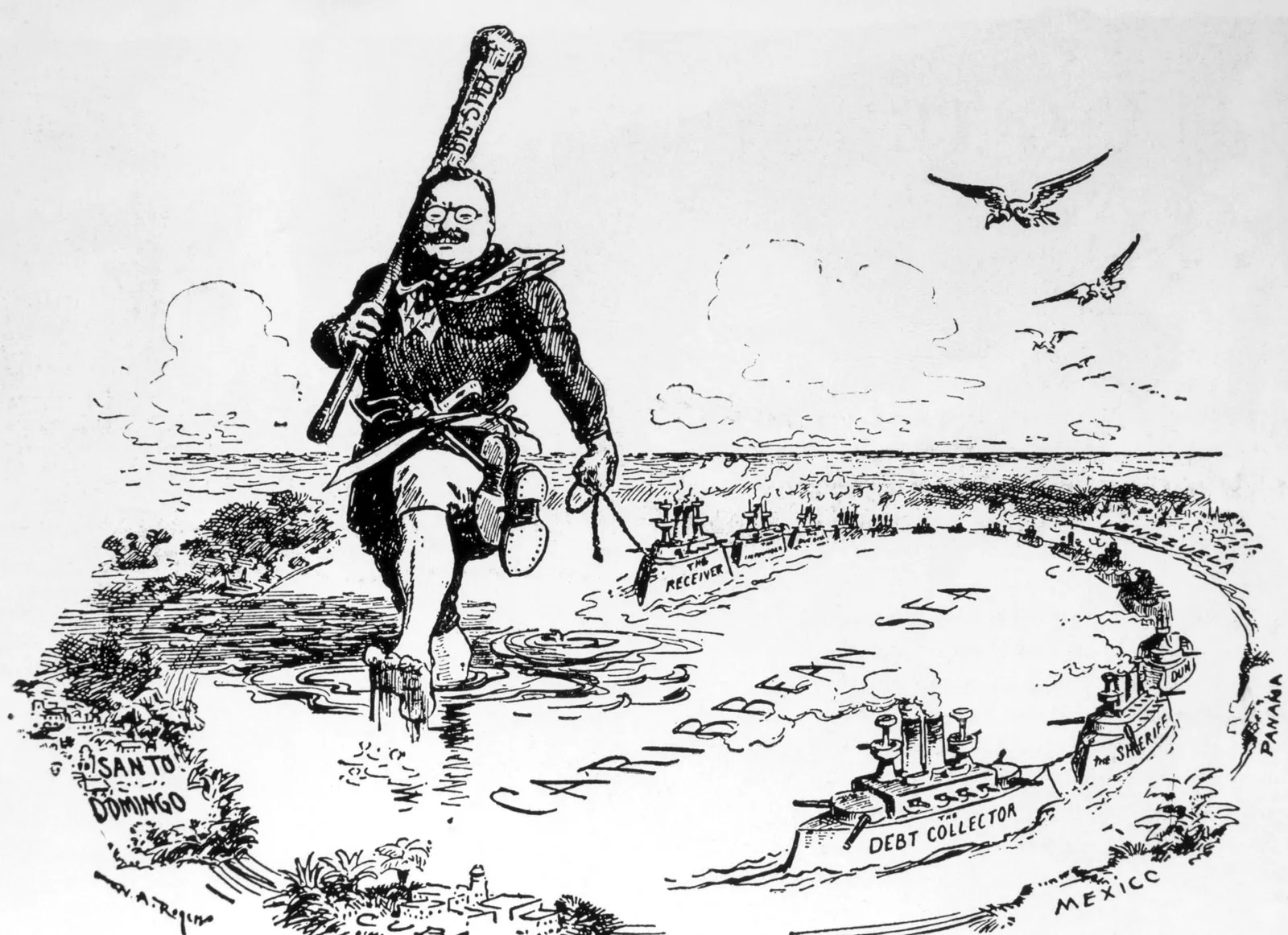
Panama Canal
canal across some narrow stretch of land in Panama that was built to facilitate communication between the Atlantic and the Pacific oceans and enabled naval vessels to travel rapidly between both oceans.
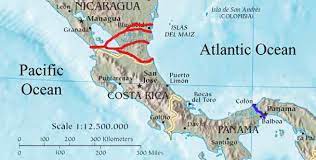
hegemony
political, economic, and military dominance of one state over other states, either regional or global. (ex. spread of American culture and values throughout the globe)
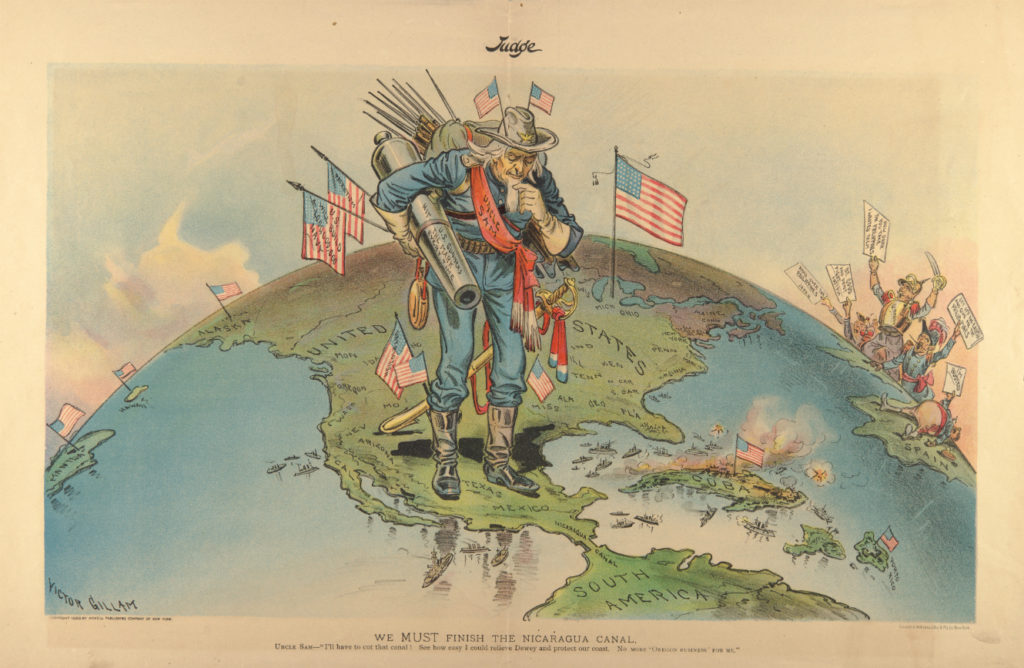
breech-loading rifles
firearms used by European armies with rifled bores that were far more accurate and reliable than muskets
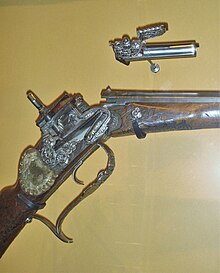
Social Darwinism
social ideology developed from Charles Darwin’s origin of the species which asserted that white Europeans were inherently superior to those of other races because they had reached a higher form of evolution
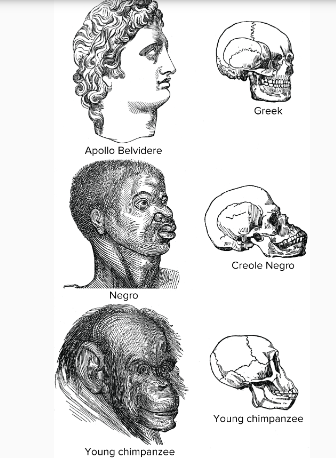
The ___ was a war fought in 1904–1905 over rival territorial claims. In winning the war, Japan emerged as a world power (hint: 3 words, all capitalized, use a dash).
Russo-Japanese War
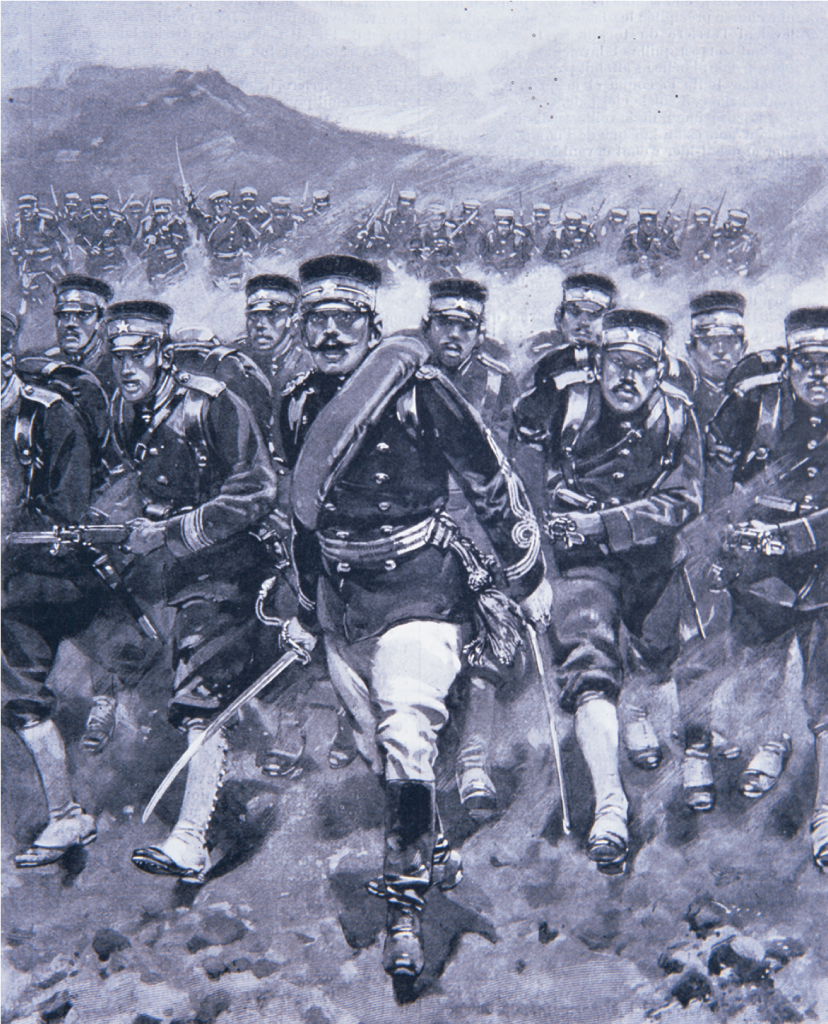
__ were laid on the sea bed between land-based stations to carry telecommunication signals across stretches of ocean. The first, laid in the 1850s, carried telegraphy traffic. Subsequent generations carried telephone traffic, then data communications traffic.
submarine cables
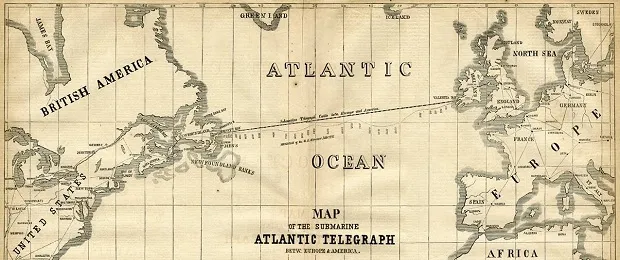
The ___ was the first recoil-operated machine gun. It has been called "the weapon most associated with British imperial conquest" (hint: 2 words, singular).
Maxim gun
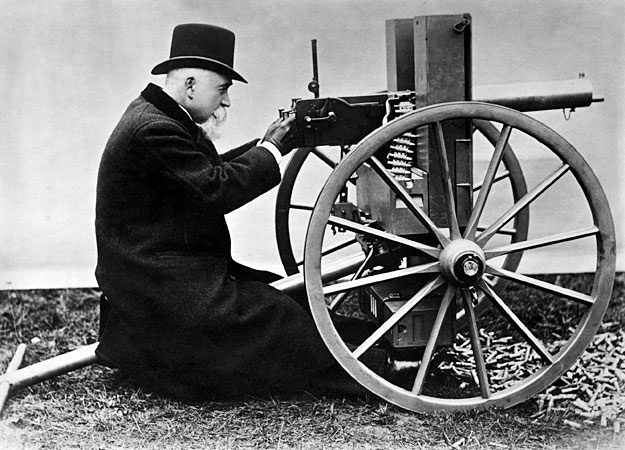
The ___ was a chartered company established in 1602, when the States General of the Netherlands granted it a 21-year monopoly to carry out trade activities in Asia.
VOC (Dutch East India Company or Vereenigde Oost-Indische Compagnie)
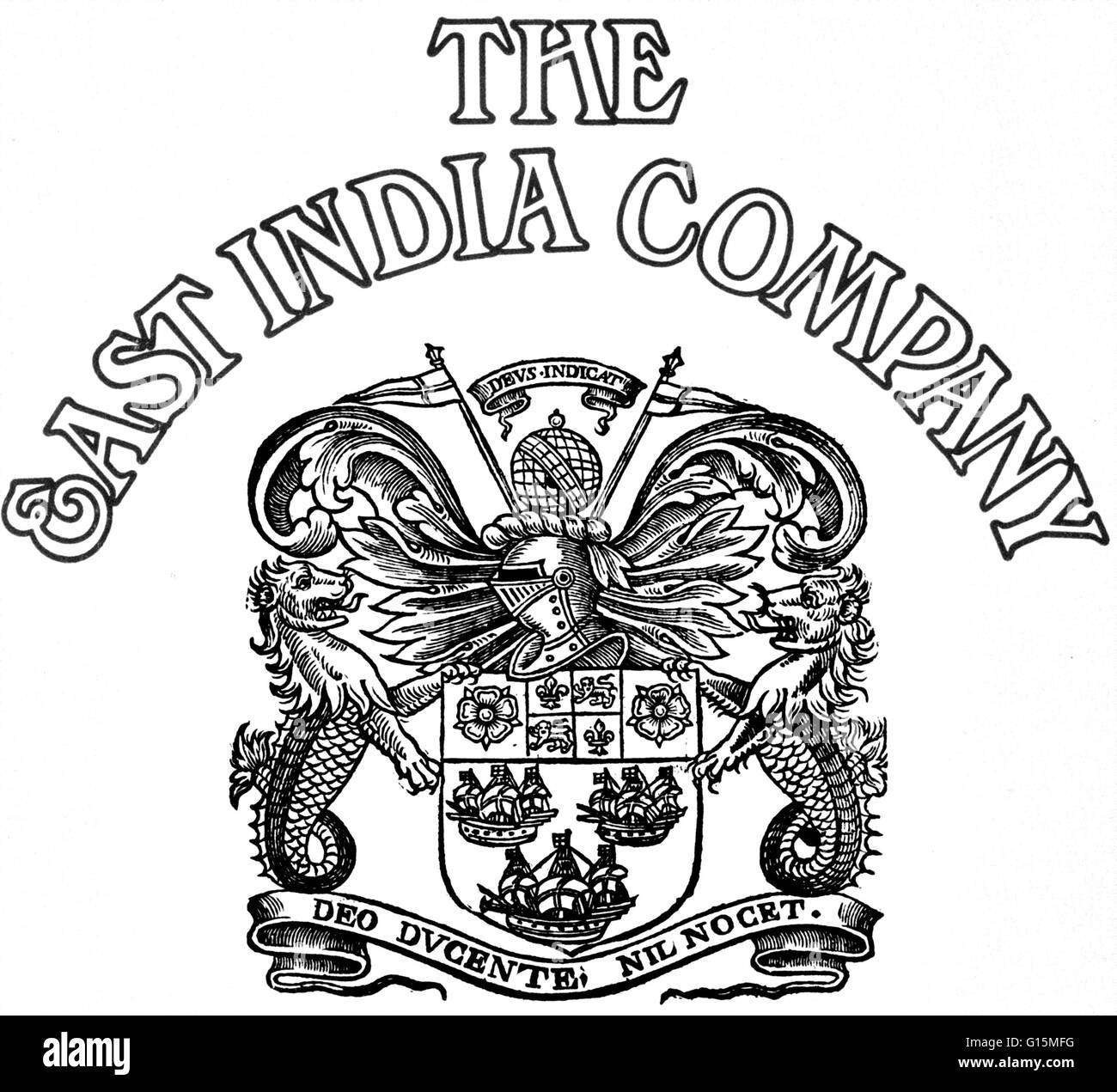
An Indian soldier serving under British rule was called a ___
sepoy
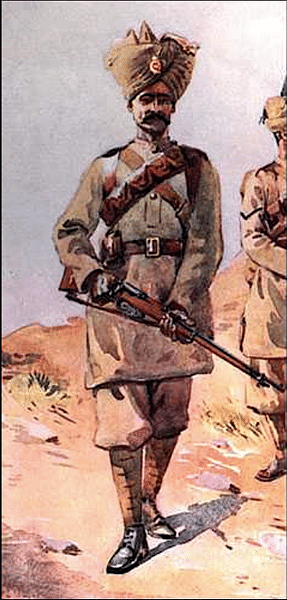
The __ war was a war between the British and Dutch decedents for control of regions of South Africa
South African War or Boer War

The __ was originally a private company granted a trade monopoly with the East Indies by Queen Elizabeth I. Its success in extracting concessions from native rulers eventually led to its de facto control over much of modern India between 1757 and 1858.
East India Company
Suez Canal
canal constructed in 1859-1869 which facilitated the building and maintenance of empires by enabling naval vessels/steamships to travel rapidly between oceans and lowered costs of trade between imperial powers and subject lands
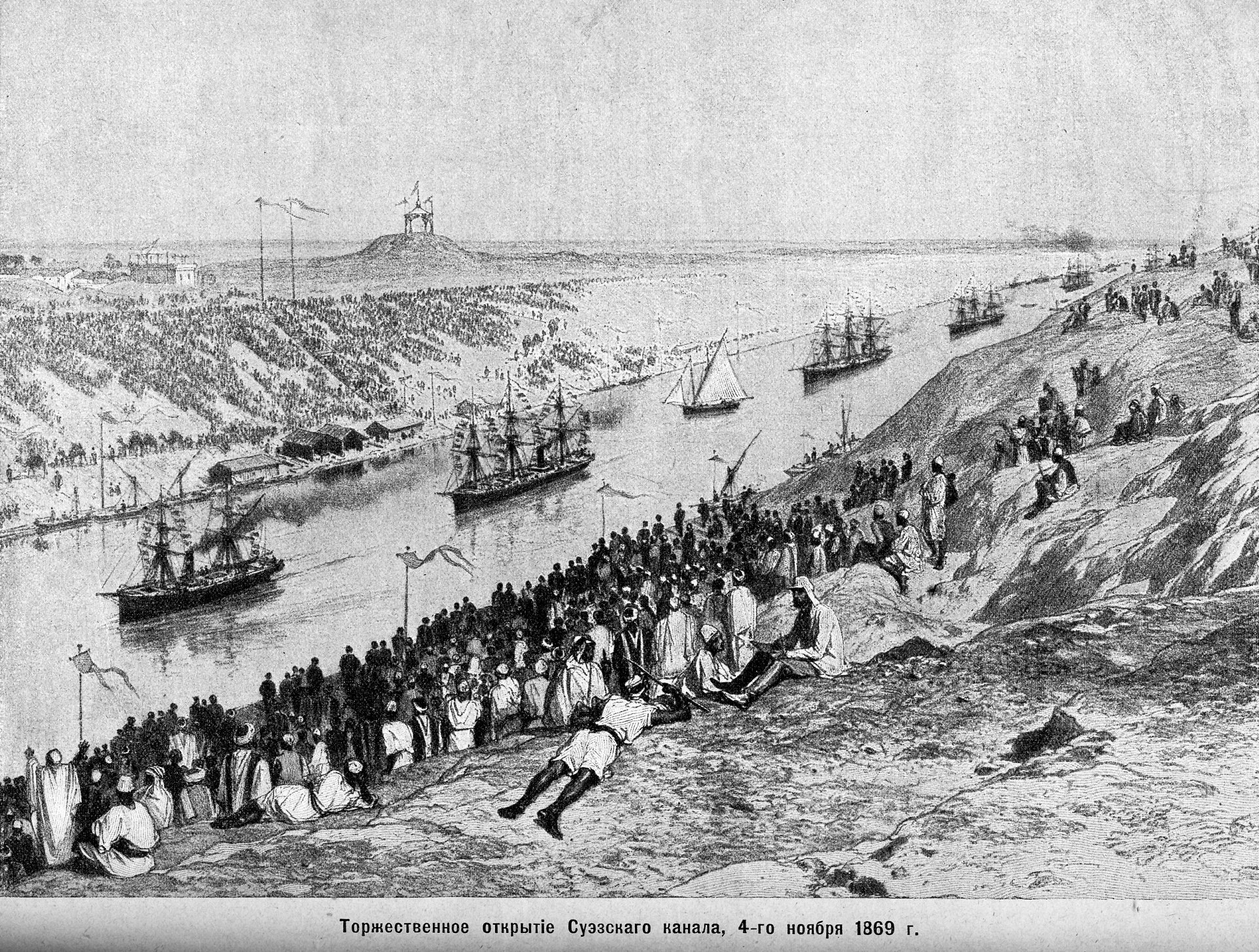
Berlin Conference
conference where delegates of 12 European states and the U.S. (AND NO AFRICANS BC RACISM 😡😡) devised rules for the colonization of Africa
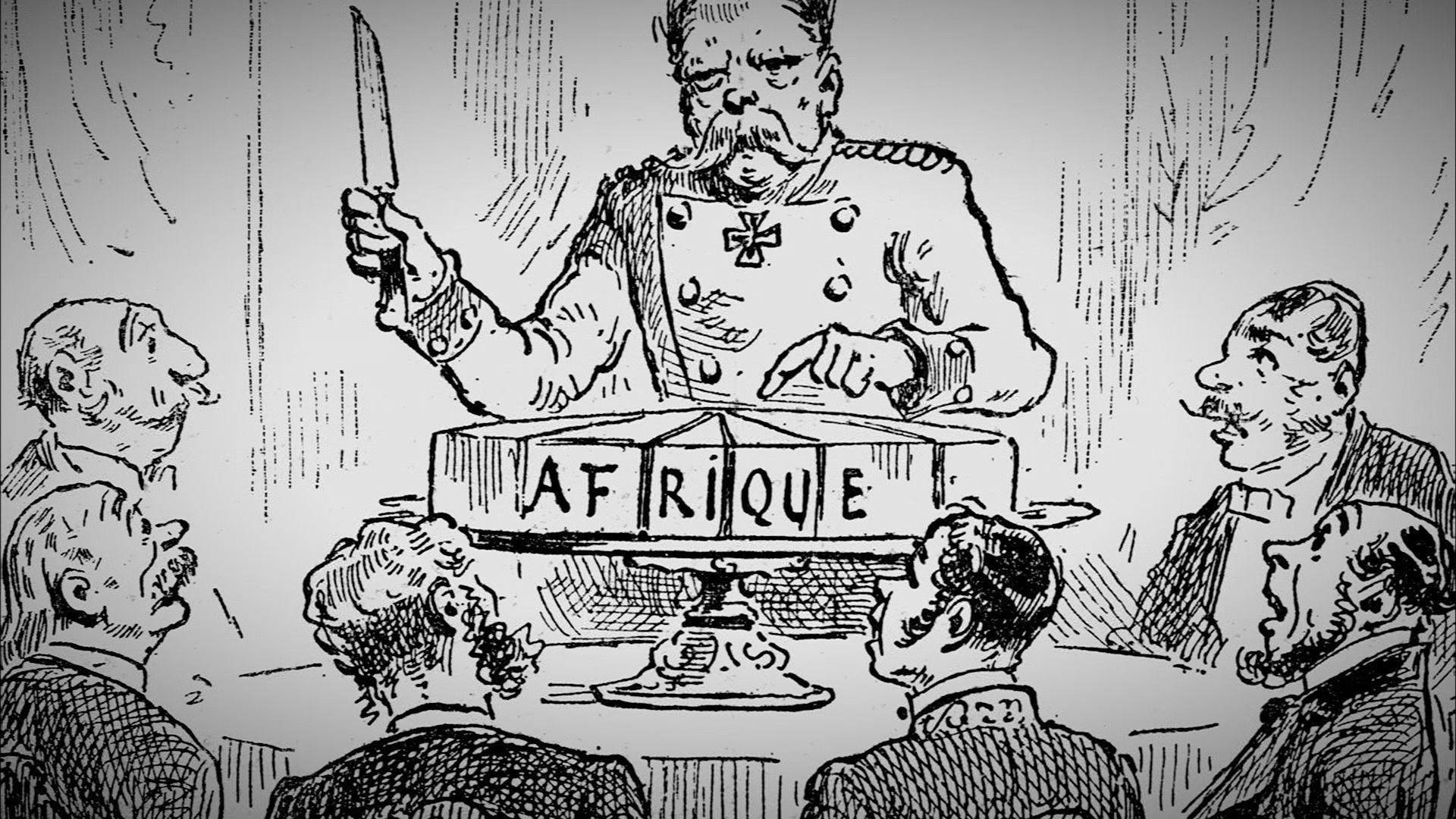
Between 1859 and 1893, Vietnam, Cambodia, and Laos all fell under the control of __
france

In the nineteenth century, the majority of indentured laborers came from __
india

Which of the following regions did the United States NOT take over during the Age of the New Imperialism (late 1800s-early 1900s)?
The US did NOT conquer the following regions:
Africa
Southeast Asia (except the Philippines)
Central Asia
Middle East
Pacific Islands
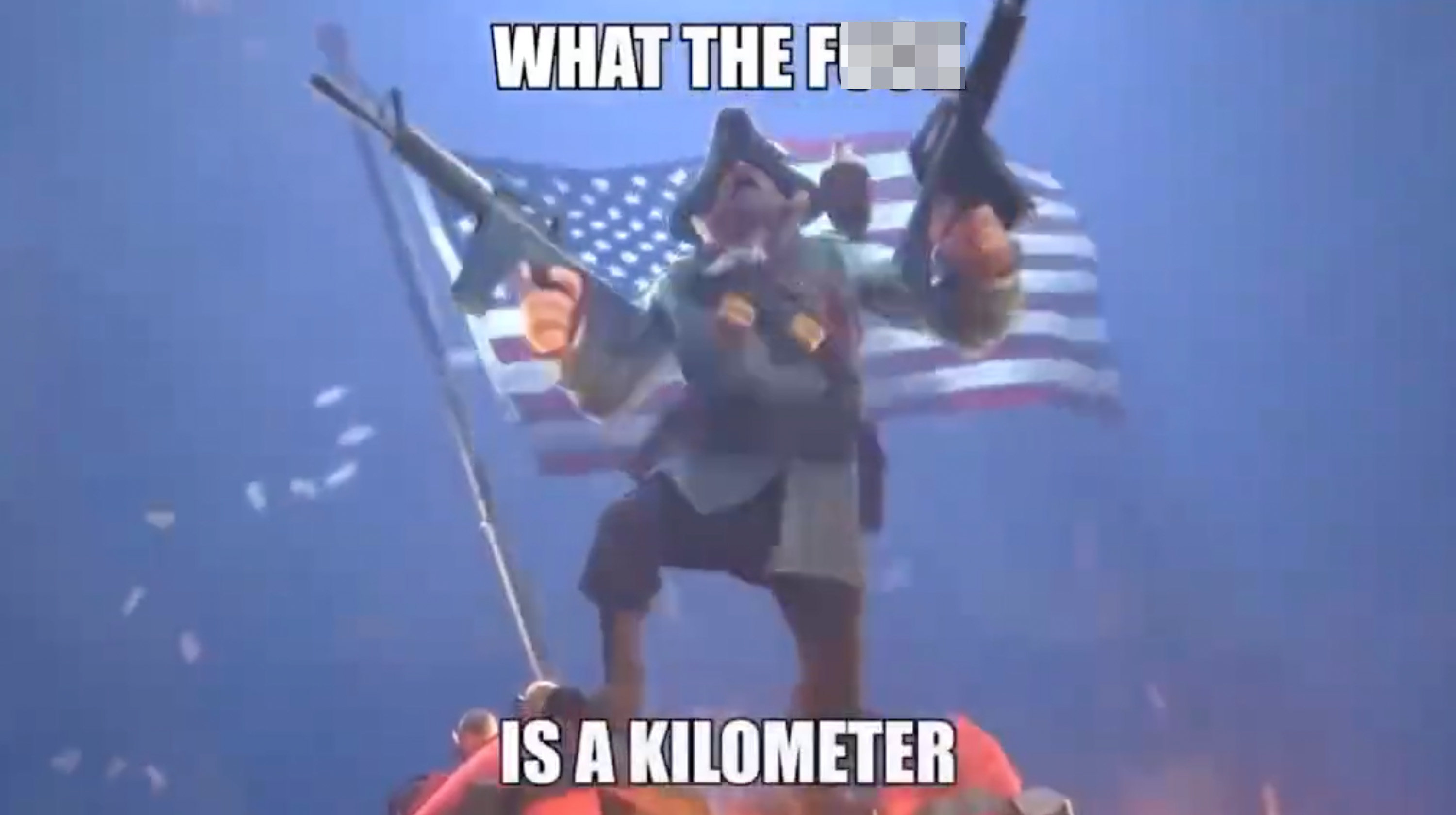
motivations behind the imperialism of the 1800s?
economic - access to materials and resources
political - to demonstrate power and superiority
territorial - to have more territories for militarily advantage
ideological - “white man’s burden”
religious- to impose Christianity on other regions
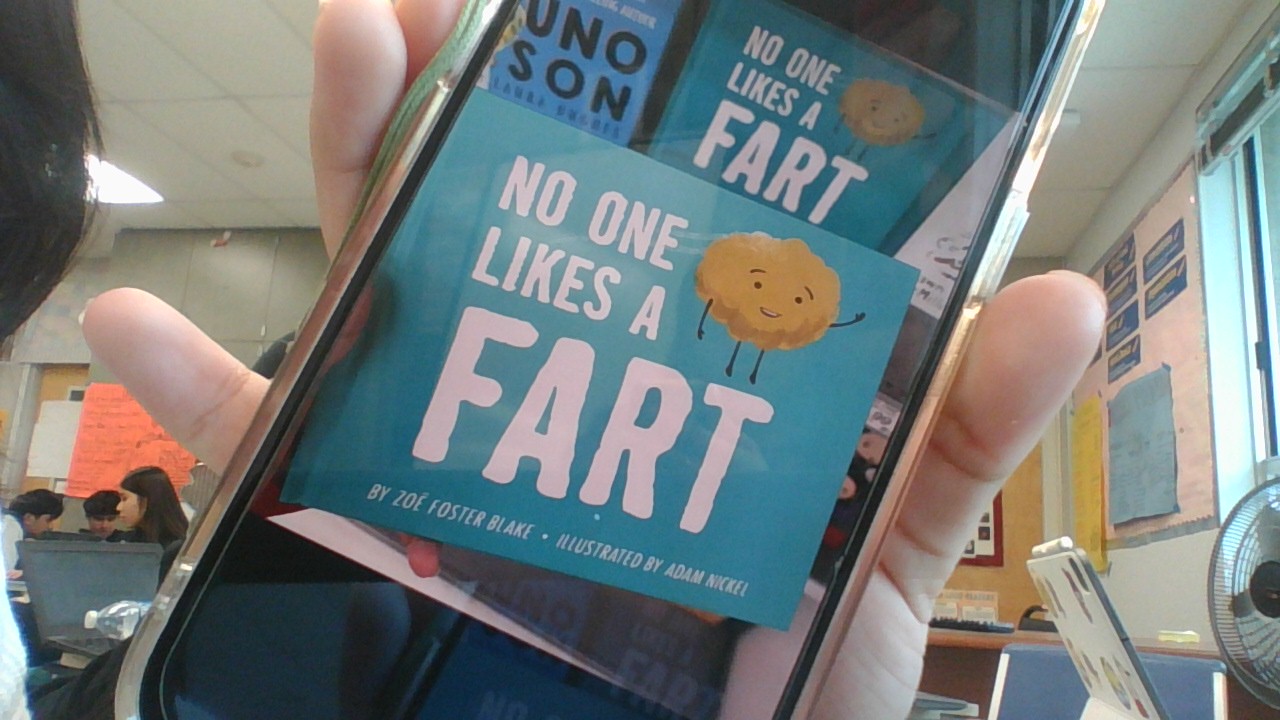
The countries of China, Japan and Korea belong to the region ___
east asia
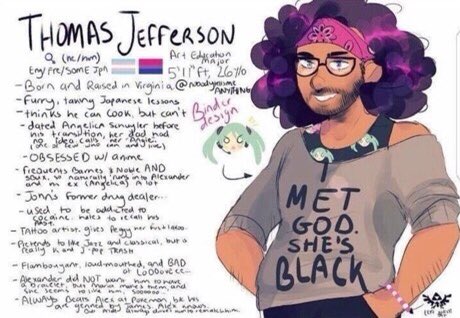
The countries of Saudi Arabia, Turkey, Egypt and others belong to the region of
the Middle East

Regions under the imperial control of Britain, France, Belgium, and Germany
